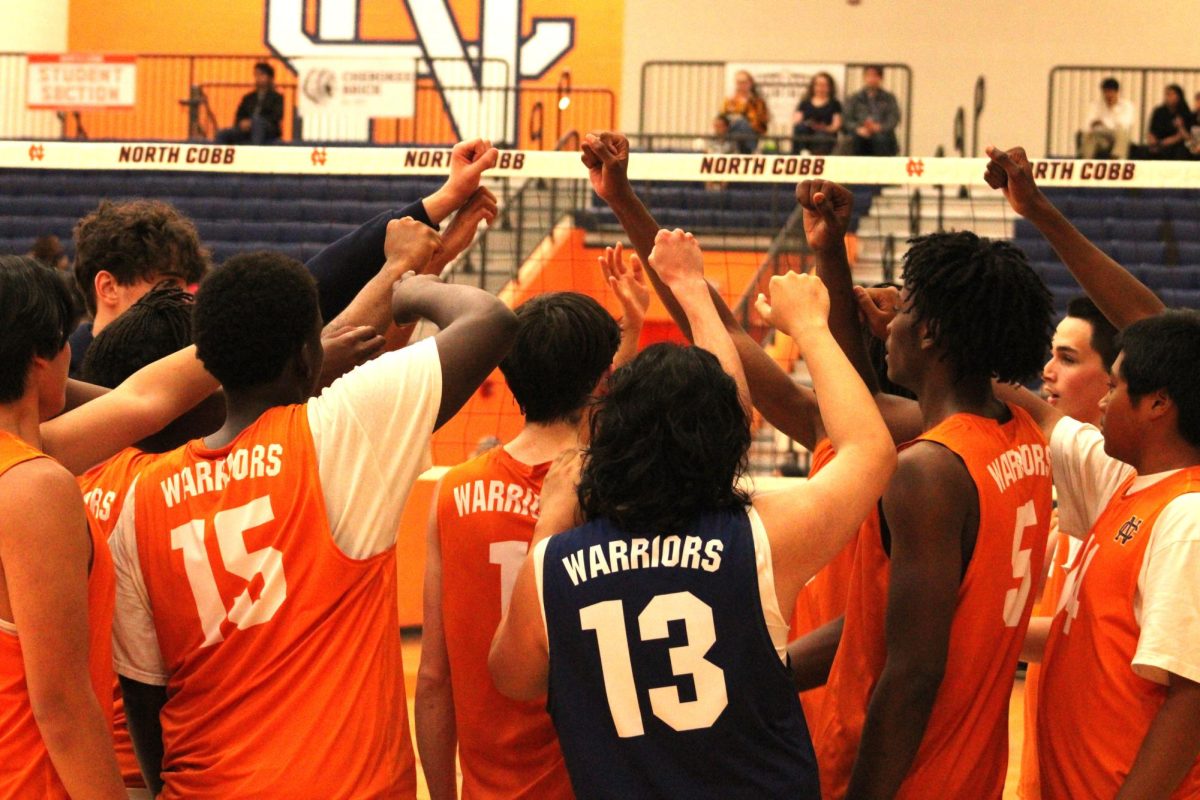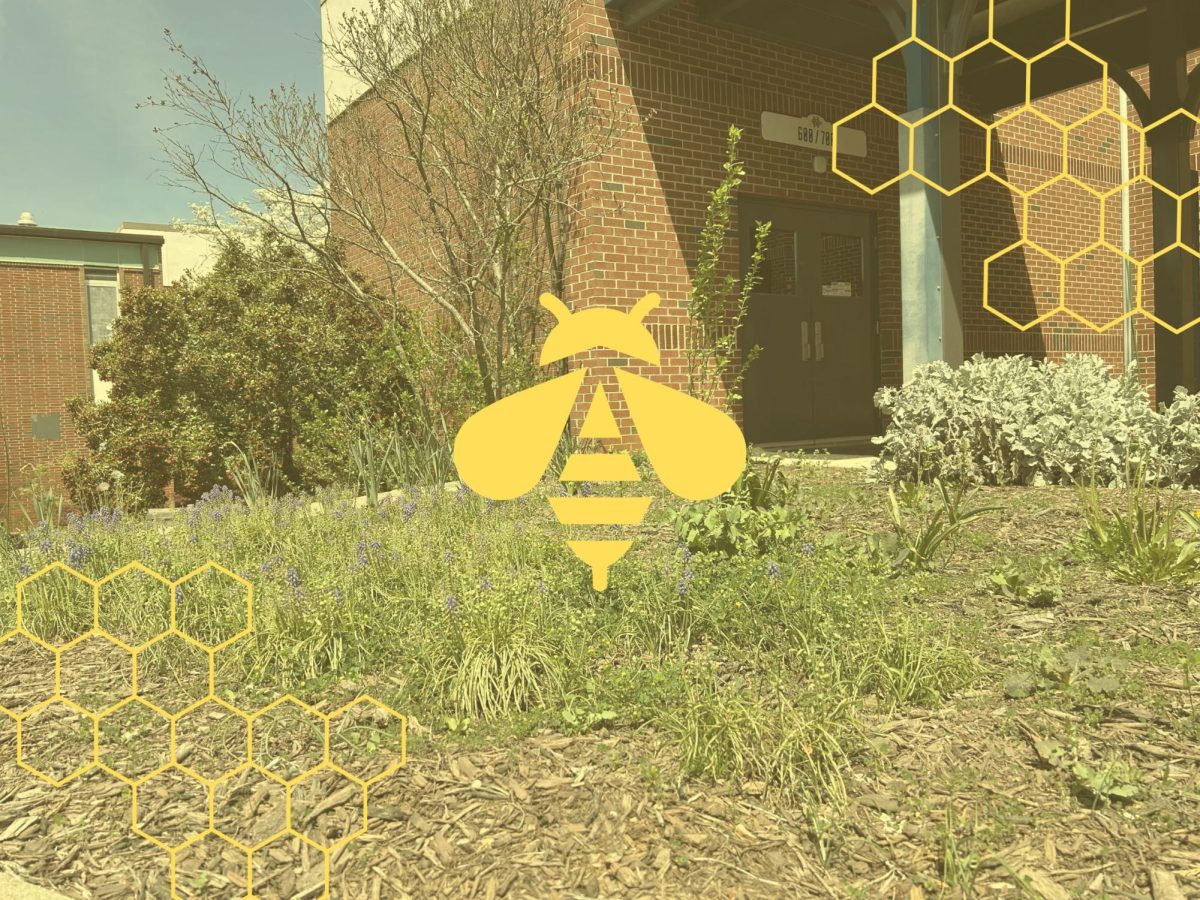Through each presidential election season, the national television program, 60 Minutes, invites both major party candidates for a moderated debate. Unfortunately, for the 2024 Presidential Election, President-Elect and Former President Donald Trump and his administration declined the invitation out of frustration due to the confirmed presence of fact-checkers. While Americans remain aware of fact-checking, its purpose and priority in politics remain overlooked.
In politics, fact-checkers research and verify statements and statistics to prevent misinformation or, if purposeful, disinformation. Fact-checkers remain politically neutral during debates to prevent bias and further educate viewers. For example, in the 2024 presidential race, Democratic candidate and Vice President Kamala Harris accused Trump of denying the effects of climate change. Fact-checking sites proved that while Trump never outright declined climate change, he shared misinformation on the effects of it.
U.S. Border Security and undocumented immigration remain subject to extreme fact-checking and debate in the U.S. Before the 2024 Presidential Debate, allegations arose in Springfield, Ohio that a Haitian immigrant with no proof of nationality abducted and ate their neighbor’s cat. This news sparked harmful rhetoric on the Internet, including Texas Senator Ted Cruz posting a meme insulting Haitians. When the debate date arrived, the American Broadcasting Company (ABC) moderators asked Trump to discuss the topic of immigration in the U.S. Trump explained in detail, claiming that illegal immigrants ate local dogs and cats. Through proper fact-checking, the ABC moderators dissolved this claim by proving the accusations’ baselessness and lack of concrete evidence.
“When you are spreading misinformation on certain groups, it could be extremely harmful, innocent people should not have to worry over stereotypes or lies because people choose to spew out untrue information. In this day and age, some people find any reason to get angry at groups and could lash out. You can not spread fear like that, people are already scared enough in this time of uncertainty,” junior Ivan Sierra said.
While fact-checking remains a proper way to prevent misinformation in politics, disinformation lies as the crucial motivator of fact-checking. If ABC did not stop the baseless claims of Trump, a harmful stereotype would possibly rise toward Haitians. These stereotypes could eventually lead to further stigmatization of immigration and even steer toward racism and hate crimes.
An example of disinformation leading to harm began in 2016, as several anonymous users on the internet claimed Comet Ping Pong, a pizza restaurant in Washington D.C., worked as an undercover trafficking ring for the Democratic party and held kidnapped children within the basement. A growing number of anonymous users corroborated this story, providing false claims and evidence until eventually, supporters began harassing and threatening the restaurant’s owners and employees. December 4, 2016, Edgar Maddison Welch entered the building with an AR-15 attempting to self-investigate and rescue the alleged children. The outcome of this incident remained minimized due to the fear that if a politician chooses to bring similar ideas to a national audience, risks of attacks related to Welch’s would rise.
“I think it is a real problem in the U.S. The fact that people do not care enough to look further into what they are being told is a factor in how disinformation spreads. If one person spreads a rumor, and no one else bothers to see if it is true, it could snowball into an issue that can not be solved,” NC alum Cynthia Kamau said.
While the U.S. faces a new era under Trump’s return, the Trump administration’s rejection of the 60 Minutes debate results in the perception of his fear of the network’s preventing his ideas leading to misinformation. While this may seem simple, disinformation — when allowed — brings about negative implications including violence and even death. The truth protects minorities from harmful rhetoric and keeps disinformers in check.
In politics, fact-checkers research and verify statements and statistics to prevent misinformation or, if purposeful, disinformation. Fact-checkers remain politically neutral during debates to prevent bias and further educate viewers. For example, in the 2024 presidential race, Democratic candidate and Vice President Kamala Harris accused Trump of denying the effects of climate change. Fact-checking sites proved that while Trump never outright declined climate change, he shared misinformation on the effects of it.
U.S. Border Security and undocumented immigration remain subject to extreme fact-checking and debate in the U.S. Before the 2024 Presidential Debate, allegations arose in Springfield, Ohio that a Haitian immigrant with no proof of nationality abducted and ate their neighbor’s cat. This news sparked harmful rhetoric on the Internet, including Texas Senator Ted Cruz posting a meme insulting Haitians. When the debate date arrived, the American Broadcasting Company (ABC) moderators asked Trump to discuss the topic of immigration in the U.S. Trump explained in detail, claiming that illegal immigrants ate local dogs and cats. Through proper fact-checking, the ABC moderators dissolved this claim by proving the accusations’ baselessness and lack of concrete evidence.
“When you are spreading misinformation on certain groups, it could be extremely harmful, innocent people should not have to worry over stereotypes or lies because people choose to spew out untrue information. In this day and age, some people find any reason to get angry at groups and could lash out. You can not spread fear like that, people are already scared enough in this time of uncertainty,” junior Ivan Sierra said.
While fact-checking remains a proper way to prevent misinformation in politics, disinformation lies as the crucial motivator of fact-checking. If ABC did not stop the baseless claims of Trump, a harmful stereotype would possibly rise toward Haitians. These stereotypes could eventually lead to further stigmatization of immigration and even steer toward racism and hate crimes.
An example of disinformation leading to harm began in 2016, as several anonymous users on the internet claimed Comet Ping Pong, a pizza restaurant in Washington D.C., worked as an undercover trafficking ring for the Democratic party and held kidnapped children within the basement. A growing number of anonymous users corroborated this story, providing false claims and evidence until eventually, supporters began harassing and threatening the restaurant’s owners and employees. December 4, 2016, Edgar Maddison Welch entered the building with an AR-15 attempting to self-investigate and rescue the alleged children. The outcome of this incident remained minimized due to the fear that if a politician chooses to bring similar ideas to a national audience, risks of attacks related to Welch’s would rise.
“I think it is a real problem in the U.S. The fact that people do not care enough to look further into what they are being told is a factor in how disinformation spreads. If one person spreads a rumor, and no one else bothers to see if it is true, it could snowball into an issue that can not be solved,” NC alum Cynthia Kamau said.
While the U.S. faces a new era under Trump’s return, the Trump administration’s rejection of the 60 Minutes debate results in the perception of his fear of the network’s preventing his ideas leading to misinformation. While this may seem simple, disinformation — when allowed — brings about negative implications including violence and even death. The truth protects minorities from harmful rhetoric and keeps disinformers in check.
















